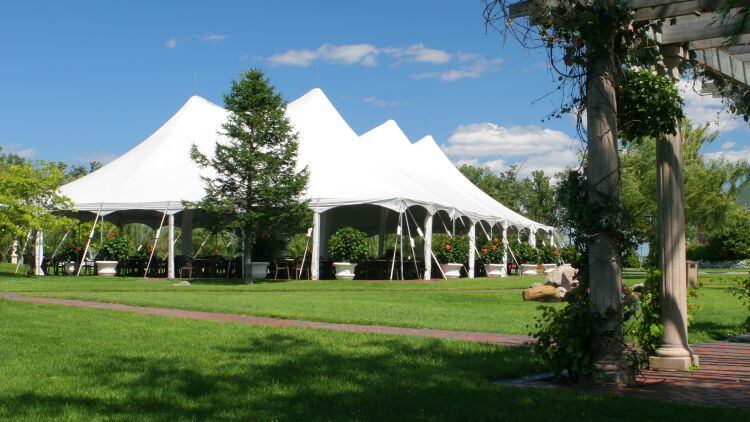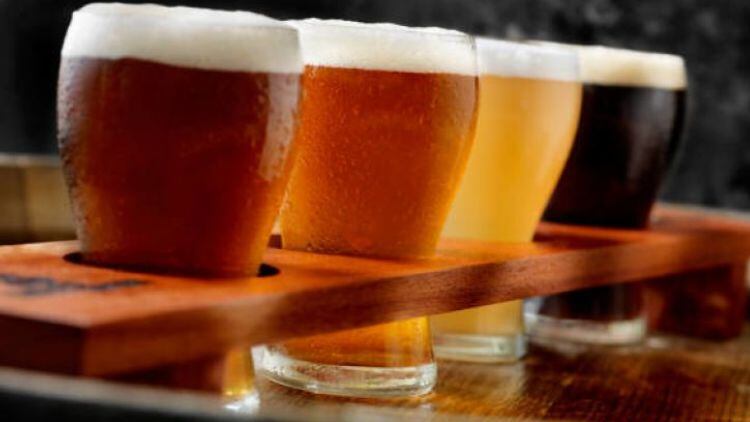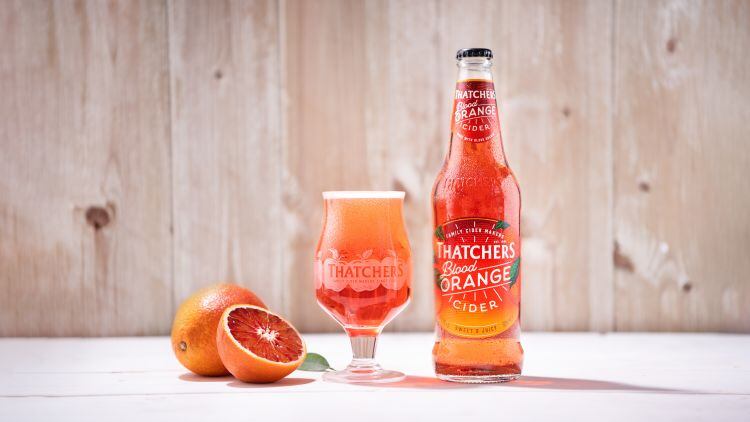While we are on the subject of TENs limits, it is worth reminding ourselves of the other main limits. A personal licence holder can have up to 50 TENs per calendar year (obviously only 20 at one particular premises), and a non-personal licence holder can have a maximum of 5. Of these, a maximum of 10 and 2 can be late TENs, respectively. Standard TENs must be given with a clear 10 working days, and late TENs can only be given between nine and five working days prior to the event. In both these cases, the date of submission/giving of the notice (in other words, emailing it or using the Gov.uk system) and the day of the event itself must be disregarded.
So, give yourself a lot more notice than the minimum limits if you can. It allows for the ironing out of any technical issues and, heaven forbid, if your TEN is hopelessly defective, you could still submit a fresh one and be within the statutory time limits.
I cannot think of any circumstances in which issuing a late TEN would be preferable to issuing a standard TEN – putting aside the blood pressure-elevating nature of not knowing whether you are going to be able to have licensable activities at an event only nine to five working days before that event takes place, the police and environmental health have an absolute right of veto in the case of a late TEN, so you can add another 10 to your systolic and diastolic numbers.
Try and plan ahead where possible and have a chat with the police or environmental health if you feel they need a little reassurance.
There is some room (although not nearly enough) on the TENs form to offer reassurances which are not themselves conditions. So, for example, you can indicate that you will continue with your normal number of door staff if you are applying to extend your current hours, or that you will have noise measures or patrols in place, or that there will be 30 minutes drinking up time. Anything that helps the TEN go through without an objection is likely to assist.
If the police or environmental health are not happy with your TEN notwithstanding your reassurances, if it is a standard TEN, they can issue an objection notice. Without getting into the nitty-gritty, this can either end up with a hearing, you withdrawing the TEN, or sometimes relevant conditions on any related premises licence being added to the TEN to satisfy the authorities’ concerns.
Remember that if your TEN straddles two days, so, for example, from 11pm on one night to 1am the next day, this will count as two days towards your aggregate number of days (currently 26, but this will revert to 21 days again in the calendar year 2024 and onwards, unless the Government brings in further legislation).
A word of caution regarding on and off-sales. Your TEN is a temporary authorisation. This includes the hours you have said you want licensable activities, but also describes the extent of the premises to which the TEN applies. If you do not describe this accurately, or you do not think through the consequences of how you describe it, you may get your fingers burnt.
Take, for example, a marquee in a pub garden. If you just want the marquee authorised by a TEN, and describe that as the premises, ticking only the “on” box for the sale of alcohol, then legally speaking customers who buy alcoholic drinks in the marquee cannot leave the marquee with their drinks to wander into the main garden or perhaps the pub building itself. This may be the subject of some legal debate, but the last thing you want is for an Officer to be querying it on the day of your event. Much better to tick on and off-sales and not have to worry.
Another thing to bear in mind is the interaction between the use of TENs and existing premises licences, if you are thinking of carrying out licensable activities under both at the same time. Again, taking the marquee as an example, if your TEN just covers the marquee but there is a condition on your premises licence that says customers cannot consume alcohol in the rear garden after 9pm, then your customers leaving the marquee with their drinks might put you in breach of your premises licence condition (not the TEN) by wandering into your garden at 9.30pm.
If your capacity limits allow, it might be better to apply for a TEN for the main pub building, the beer garden and the marquee all in one (obviously assuming that the total number of people including staff is not over 499) to avoid any unintended consequences.
I always say to our trainees that TENs have the potential to be one of the most complicated aspects of licensing law and many years of practice have not changed my mind. Thankfully, most Authorities are sensible and pragmatic. Long may that continue.




